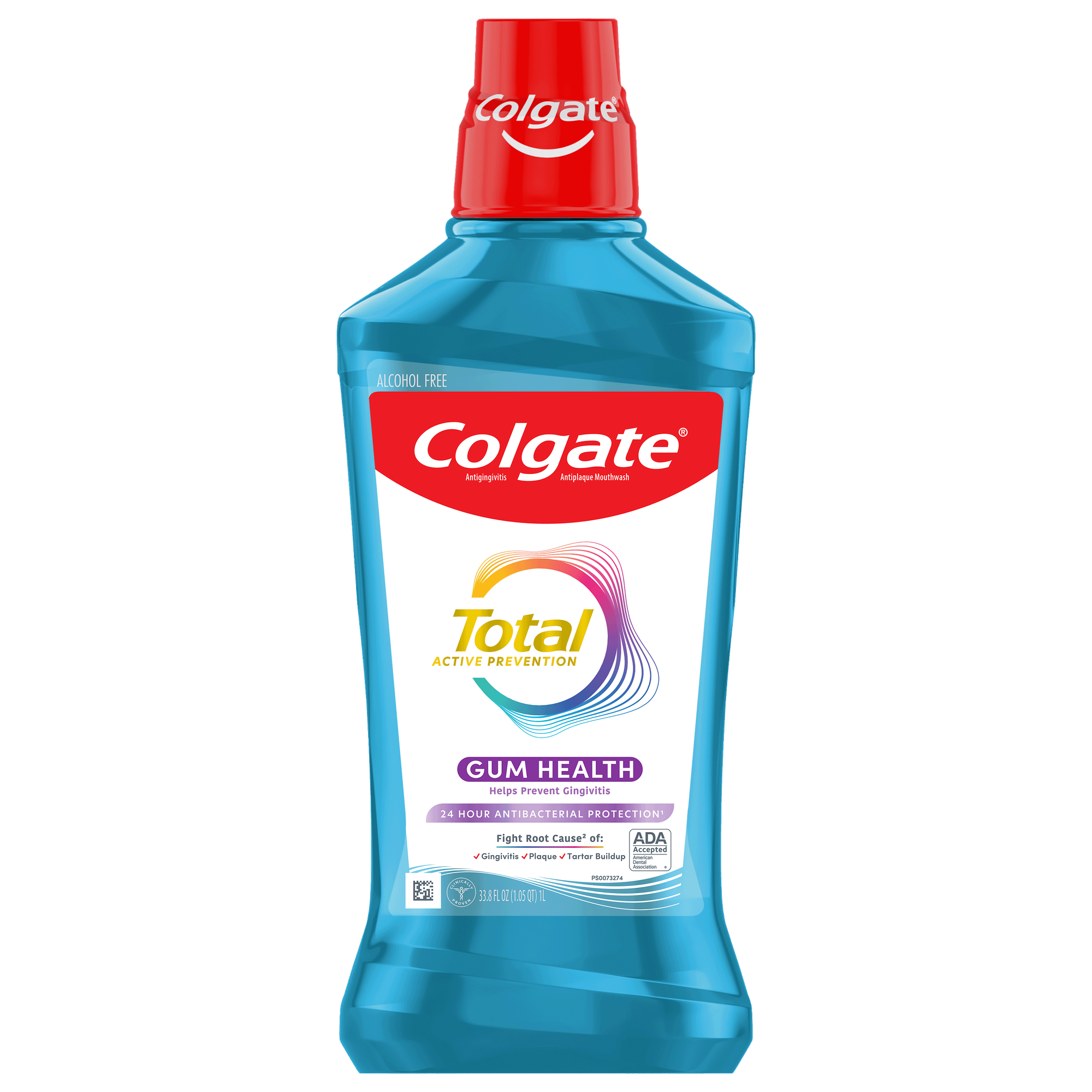What is Fluoride?
Fluoride is the iodized form of fluorine, which is widely available in soil, water, and many foods. When the enamel loses minerals, fluoride can help remineralize to improve teeth and bone health. The saliva in your mouth acts as a vessel to transport the fluoride back into the enamel. If your enamel experiences too much demineralization, issues like tooth decay can occur, so fluoride can prevent many avoidable and expensive problems.
Signs of Deficiency
Tooth decay is a common sign of fluoride deficiency. Low fluoride exposure can create an environment for bacteria found in plaque or biofilm to thrive by allowing them to produce acids that wear away at tooth enamel. This weakened tooth enamel can also lead to cavities. Weak or brittle bones are another fluoride deficiency symptom that can appear in older adults.
Fluoride Sources
Fluoride in Municipal Water
According to the ADA, widespread water fluoridation is the single most effective public health measure to prevent tooth decay.
The ADA supports community water fluoridation based on over 70 years of research and proven an optimal level of fluoride in the community water is safe and effective. They discredit claims against fluoridation as "pseudo-scientific literature." Instead, they recommend that all community water contain the optimal amount of 0.7 ppm (part per million) of fluoride. This amount of fluoride translates to an optimal amount for the prevention of tooth decay.
You can check the level of fluoride in your municipal water by contacting your local water supplier. If your water comes from a well, you will need to have it professionally tested. If your water contains less than one ppm of fluoride, discuss your options with your dentist.
Using Fluoride Toothpaste
Using fluoride toothpaste is the best and most popular way to keep your teeth healthy. Brush your teeth twice a day with fluoride toothpaste or use other items such as mouthwash or topical gels that include fluoride in their ingredient list. Remember to use a soft-bristled toothbrush to keep your enamel safe from physical abrasion—hard bristles can be harmful over time. Fluoride mouth rinses also can help children with a history of cavities or a high risk of tooth decay. For children 2-6 years of age, parental supervision will ensure they only use a pea-sized amount and do not swallow their toothpaste. Babies with teeth only need a tiny smear no bigger than a grain of rice.
Office Treatments
If you are at risk for tooth decay or aren't getting enough fluoride in your drinking water, your dentist may recommend fluoride treatments at their office. With these types of treatments, your dentist or dental hygienist will use one of several fluoride treatment options to help strengthen your enamel:
- Foam applied into a soft tray that the patient would bite into for several minutes
- Fluoride rinse that the patient would swish for several minutes
- Fluoride varnish that the dental hygienist would apply directly to the teeth
After the treatment, you may be asked not to rinse, eat or drink for at least 30 minutes to allow the teeth to absorb the fluoride.
At-home Fluoride Treatments
At-home fluoride treatments are available for people with a high risk of cavities, such as those with a dry mouth or receiving radiation treatments. If a dental professional does determine that you can benefit from these applications, they will give you a prescription fluoride gel to apply on your own.
Bottled Water
With the onset of bottled water, more and more people aren't getting the recommended amount of fluoride. Most bottled water brands don't contain fluoride. If you drink mostly bottled water, you may be missing out on this vital mineral. You should also check with your dental professional to see if they recommend a fluoride treatment or supplement.
Several factors affect whether or not you're getting enough fluoride, including:
- The fluoride level in your bottled water, which can vary significantly by brand. If the fluoride content does not appear on the label, contact the company and ask.
- The amount of bottled water you drink during the day
- Whether you use bottled water for drinking, cooking, or reconstituting soups, juices, and other drinks
- Whether you also drink fluoridated water at school, work, or elsewhere
Fluoride Supplements
Fluoride supplements come in lozenges, tablets, or liquids and can be purchased in most drug stores or online with a prescription from your dental professional. Discuss any use of over-the-counter fluoride supplements with your dentist or dental professional about whether you or a family member will benefit from a fluoride supplement for use at home.
Whether through your tap water, bottled water, toothpaste, or supplemental treatments, it's important to know if you are getting enough fluoride to meet ADA recommendations and protect your teeth.
Oral Care Center articles are reviewed by an oral health medical professional. This information is for educational purposes only. This content is not intended to be a substitute for professional medical advice, diagnosis or treatment. Always seek the advice of your dentist, physician or other qualified healthcare provider.
ORAL HEALTH QUIZ
What's behind your smile?
Take our Oral Health assessment to get the most from your oral care routine
ORAL HEALTH QUIZ
What's behind your smile?
Take our Oral Health assessment to get the most from your oral care routine















